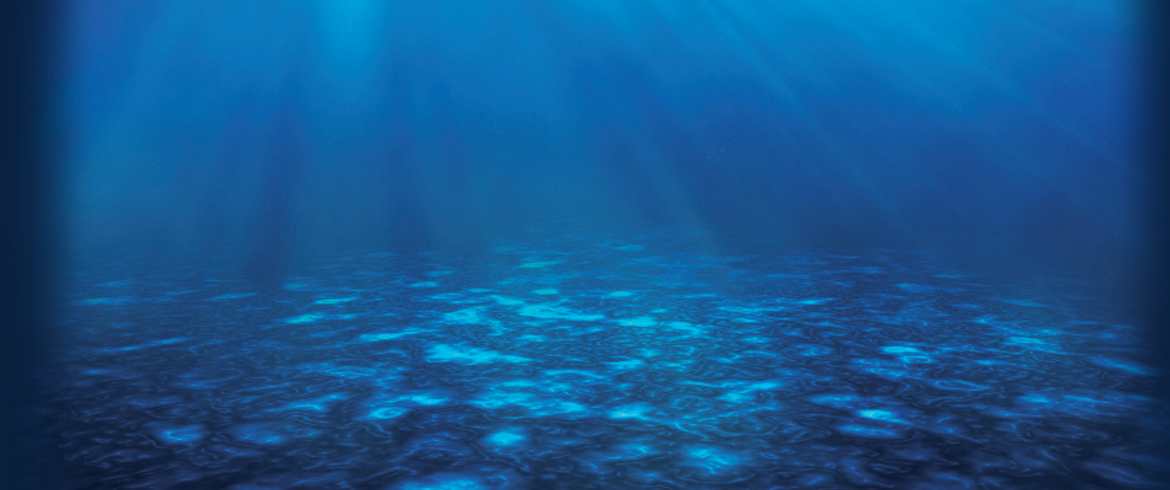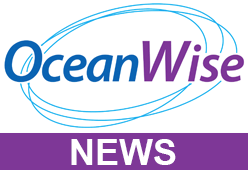Ghana Ports Authority lead the way for Environmental Monitoring

Image: Courtesy of www.primenewsghana.com
The observation of sea level is important to the study of climate change as well as providing valuable data for tsunami and storm surge warning, coastal zone management and protection. This was made apparent during the recent underwater volcanic eruption on 15th January 2022 off the coast of Tonga in the South Pacific Ocean. The local impacts of the tsunami were devastating and evidence of this event and the resulting shock waves were observed at monitoring stations around the world, even here in the UK, despite the eruption occurring over 10,000 miles away.
Sea-level rise, the impact of climate change and increase in extreme weather conditions is of growing concern to many coastal countries, in particular those areas of the world that have the most to gain from maritime economic development.
For these countries the presence of reliable tide gauge stations should be a very high priority however as the image below shows, sometimes this seems not to be the case. The map below, which shows sea level monitoring stations across Africa and parts of Asia as at 27th of January 2022, pinpoints all stations across the area and categorises them by status. Those that are either offline or the data that they produce is out of date are shown as red dots, stations not available are blue dots and stations which are online and producing ‘good’ data are green dots.

Worryingly, aside from Ghana and Kenya, there seems to be a large number of stations out of action – indicating an issue with the supply of good quality, reliable and timely sea level data in this region.
In past years, the Republic of Ghana has experienced an increase in the frequency and severity of tidal surges in its coastal areas. With a quarter of the country’s population inhabiting this region, the social and economic impacts of the surges are severe causing displacement of populations, destruction of infrastructure, and devastation of homes and livelihoods.
The monitoring and forecasting of these events is therefore imperative to make informed decisions on coastal protection and engineering schemes. The same data are also essential in areas of maritime activity, such as ports and harbours where tide gauges and weather stations provide critical data for safer navigation and efficient operational decision-making and planning.
Ghana Ports and Harbours Authority (GPHA) has been commended for their exemplary leadership and vision for installing world standard Tide Gauges at Tema and Takoradi Ports. These important environmental monitoring instruments are already benefiting the world by providing critical insight into Global Sea Level Observation System (GLOSS) and natural disasters at sea.
The supply, installation and management of the stations was contracted to OceanWise Ltd, a Hampshire based company with extensive experience in the field of environmental monitoring systems. Mr. Nana Brew of Brewzone Africa Ltd, the west African representative of OceanWise Ltd comments: “The system could form an early warning alert system for disaster management organisations such as NADMO so that they can be proactive in organising their interventions to help the coastal communities. This type of data can and should be analysed and studied by the Coastal Development Authority (CODA) and the government of Ghana to inform policy decision making and for coastal protection and investment decisions”.

For more information on the Ghana Ports and Harbours Authority, please visit their website. For more information on OceanWise who supply reliable, real-time data which is used locally by Vessel Traffic Services and Maritime Pilotage to assist with safer, smarter marine operations or OceanWise’ data platform Port-Log please visit here or email info@oceanwise.eu.
Back to News


